Have you ever stared at an algebra problem, and thought "I'll never get this"?
You're not alone — and the good news is, it's not because you're bad at math.
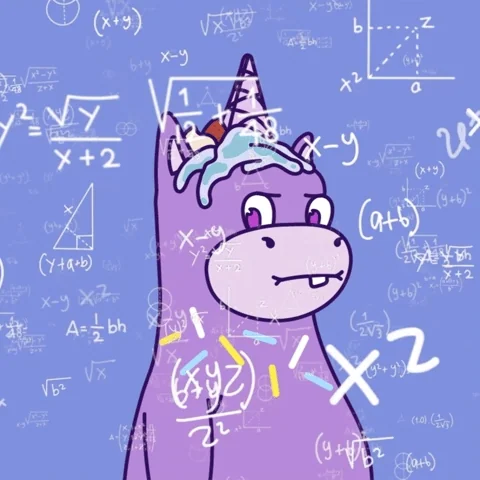
The way you study can make a huge difference.
Just like learning a new game or sport, algebra gets easier when you use the right strategies. Let's explore some smart study techniques to help you learn algebra better.
1. Learn by Doing
The best way to get better at algebra is by actually solving problems, not just reading or watching how it's done.
Just like in video games, the more you play, the better you get.
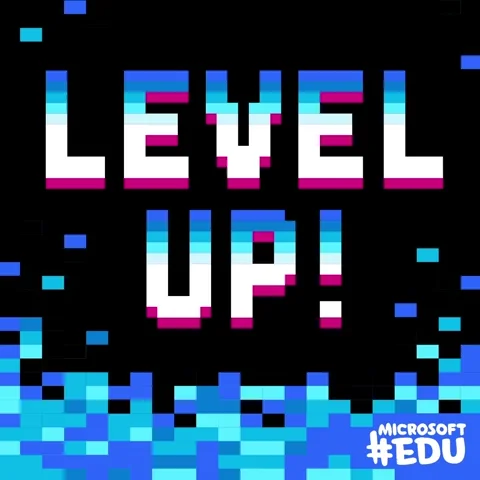
Try this algebra study technique:
After watching a video, or reading notes (like on solving equations), try 3-5 practice problems right away — without looking at the steps.
If you get stuck, no worries! Check your notes, figure out where you went wrong and try again with a similar question.
2. Use Flashcards
Flashcards help you remember formulas, steps and definitions — and the Leitner system makes them even better by showing you the hard ones more often.
Try this algebra study technique:
Write important formulas, rules, steps, or even tricky problems on flashcards. For example: Put the question on one side and the answer on the back.
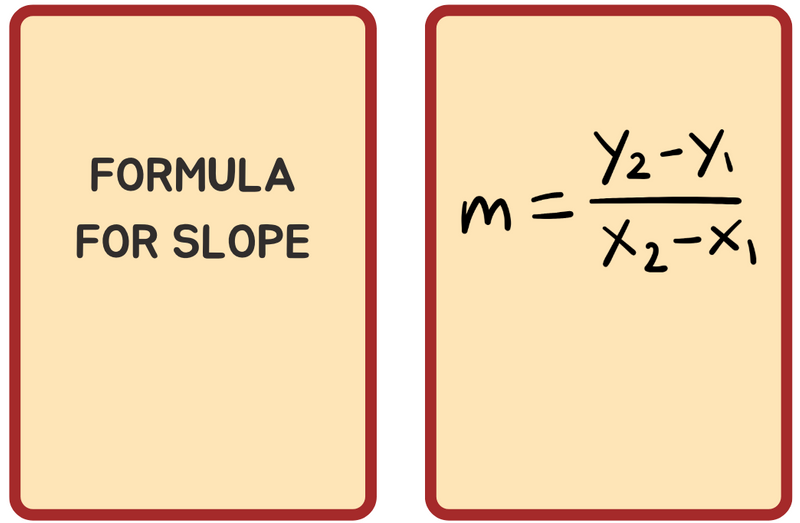 Image created by the author via Canva
Image created by the author via Canva
Then use the Leitner system:
Start with all your flashcards in Box 1.
If you get a card right, move it to Box 2 (you’ll review it less often).
If you get one wrong, keep it in Box 1 and review it more often.
This way, you spend more time on the things you don't know yet.
3. Mix It Up (Interleaving)
Interleaving is a study technique where you mix different types of problems or topics in one session rather than focusing on just one. This helps your brain learn to choose the right method depending on the type of question.
Try this algebra study technique:
After practicing solving equations, try a few graphing problems, then switch to factoring. For example:
2 questions on solving for x
2 on graphing lines
2 word problems
This way, you're not just repeating the same steps — you’re learning how to choose the right strategy for each type of question.
4. Use Multisensory Learning
Learning algebra is easier when you use more than one sense!
Multisensory learning means using a combination of sight, sound, touch, or movement while studying. The more senses you involve, the deeper your learning becomes!
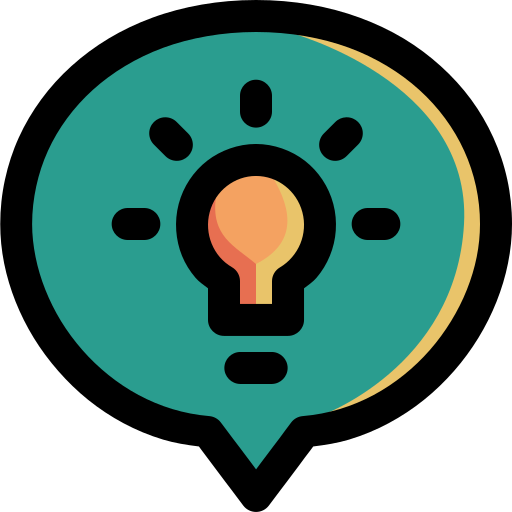
Try these algebra study techniques:
Say it out loud 🗣️
Read steps or formulas as you solve them. Hearing yourself helps your brain remember better.
Example: While solving an equation: “Subtract 3 from both sides. Now divide by 2… x equals 4!”
Color-code your notes 🎨
Highlight or color-code different parts of an equation or graph. This helps you see patterns and organize ideas.
Example: Use yellow for exponents, blue for constants, green for variables in your notes.
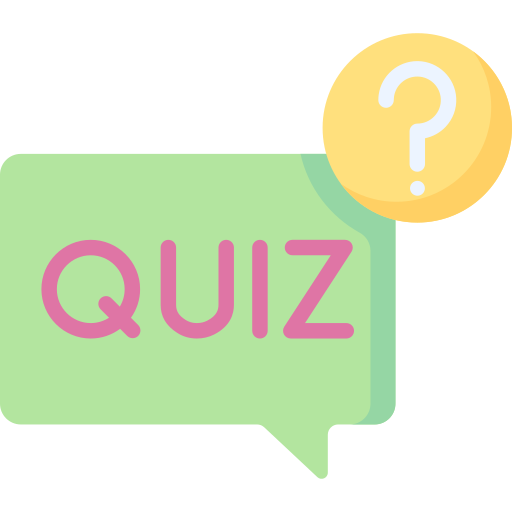
Quick check: Which of the following study techniques are best suited for a multisensory approach to learning algebra? Select all that apply:
A. Just watching a math video without taking notes
B. Using number tiles to build equations
C. Creating a poster of exponent rules
D. Drawing a diagram to explain a word problem
Quiz
Select all study techniques that apply:
5. Teach Someone Else
One of the best ways to learn is to teach!
Explaining a concept out loud helps you understand it more deeply — even if your "audience" is your pet or a pillow.
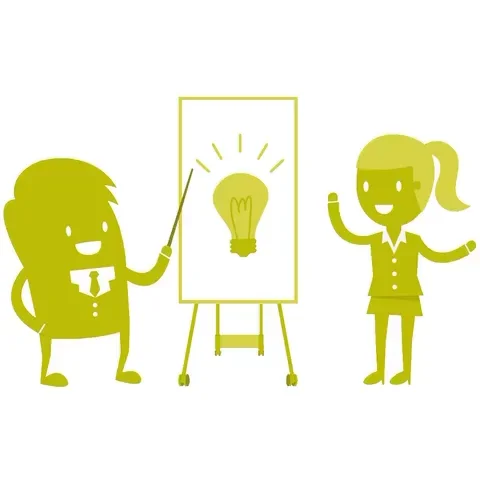
Try this algebra study technique:
After learning a new topic, explain it to a friend, sibling, or even just out loud to yourself. If you get stuck, go back and review — then try again.
Example: You're reviewing how to solve quadratic equations. You pretend your friend doesn’t remember the steps.
You say: "First, I move everything to one side so it’s equal to zero. Then I look to see if I can factor it. If not, I use the quadratic formula."
As you explain, you walk through an example like x² + 5x + 6 = 0 and show how to factor it into (x + 2) (x + 3) = 0.
Take Action
Learning algebra doesn’t have to be overwhelming — small, smart strategies can make a big difference.
Now that you know some smart study techniques, try putting them into action!
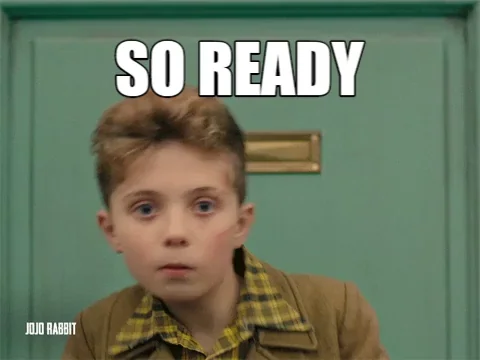
Your feedback matters to us.
This Byte helped me better understand the topic.

